
Question and Answers Forum
Question Number 33759 by 33 last updated on 24/Apr/18
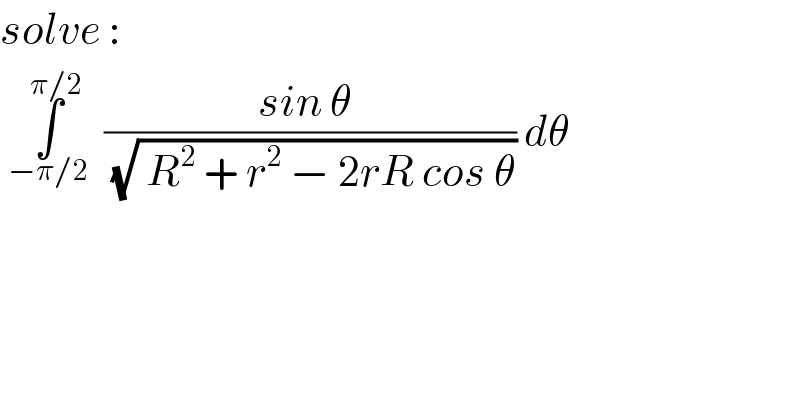
Commented by MJS last updated on 24/Apr/18
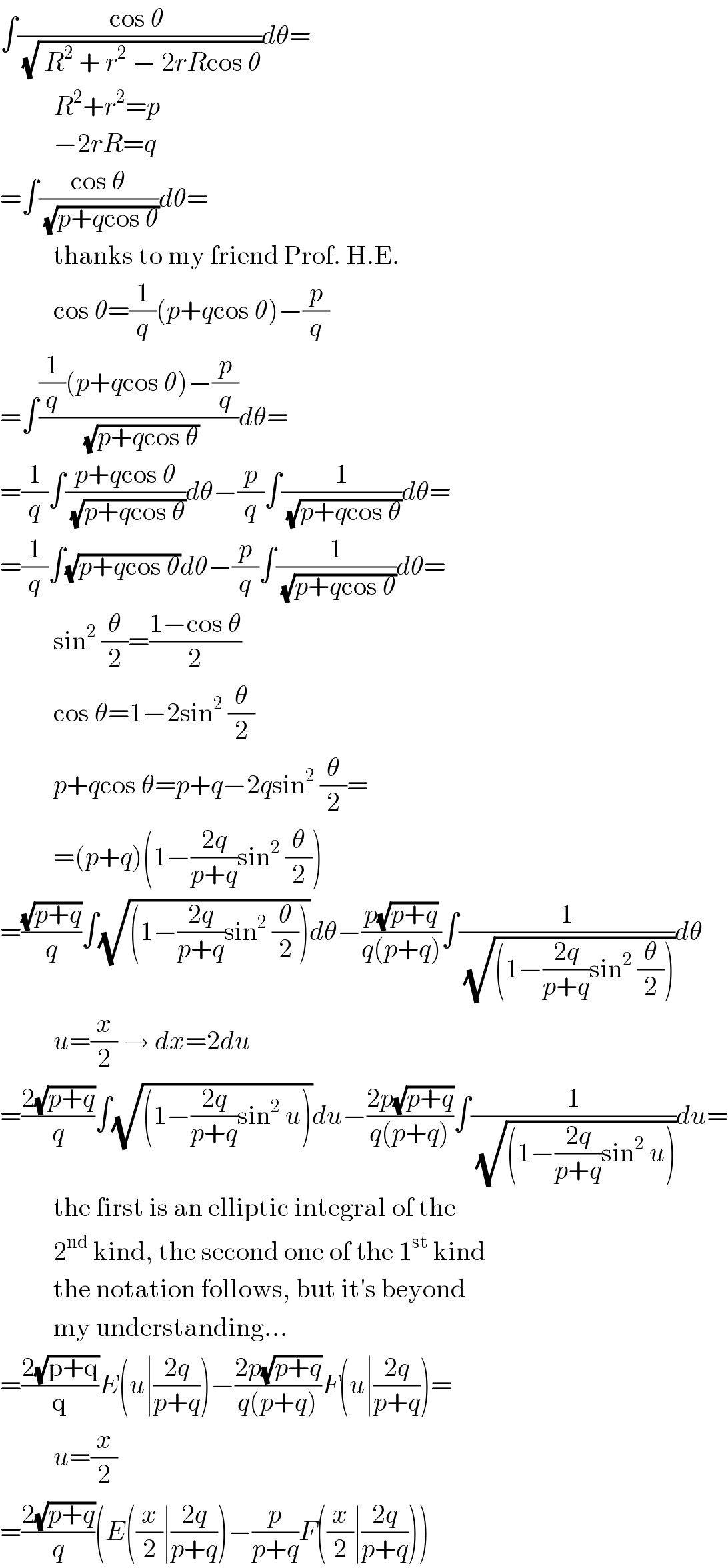
Commented by prof Abdo imad last updated on 24/Apr/18
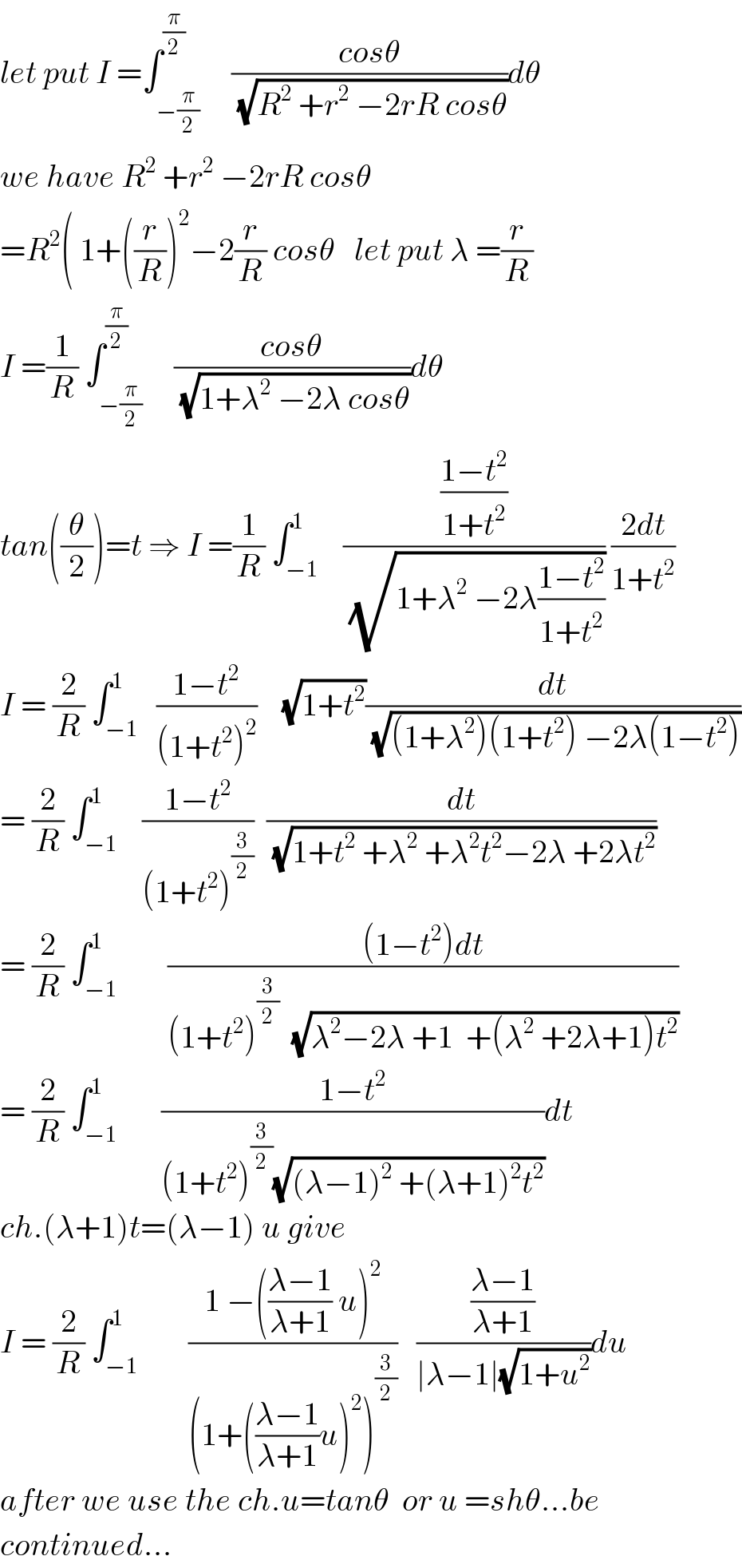
Commented by 33 last updated on 24/Apr/18
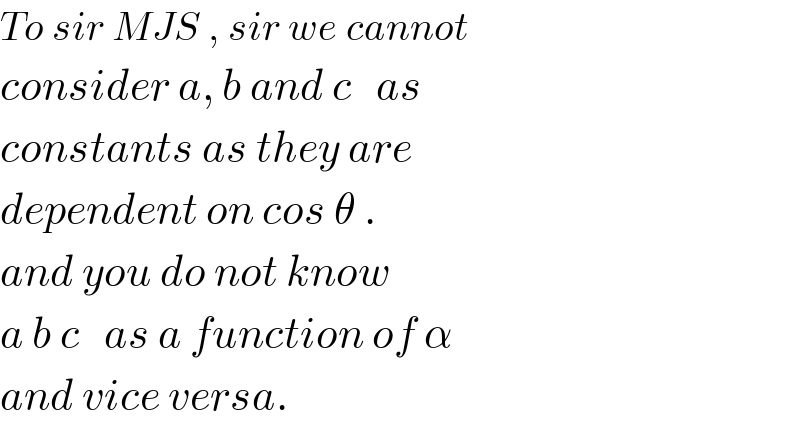
Commented by MJS last updated on 24/Apr/18

Commented by MJS last updated on 24/Apr/18

Commented by 33 last updated on 24/Apr/18

Commented by MJS last updated on 24/Apr/18
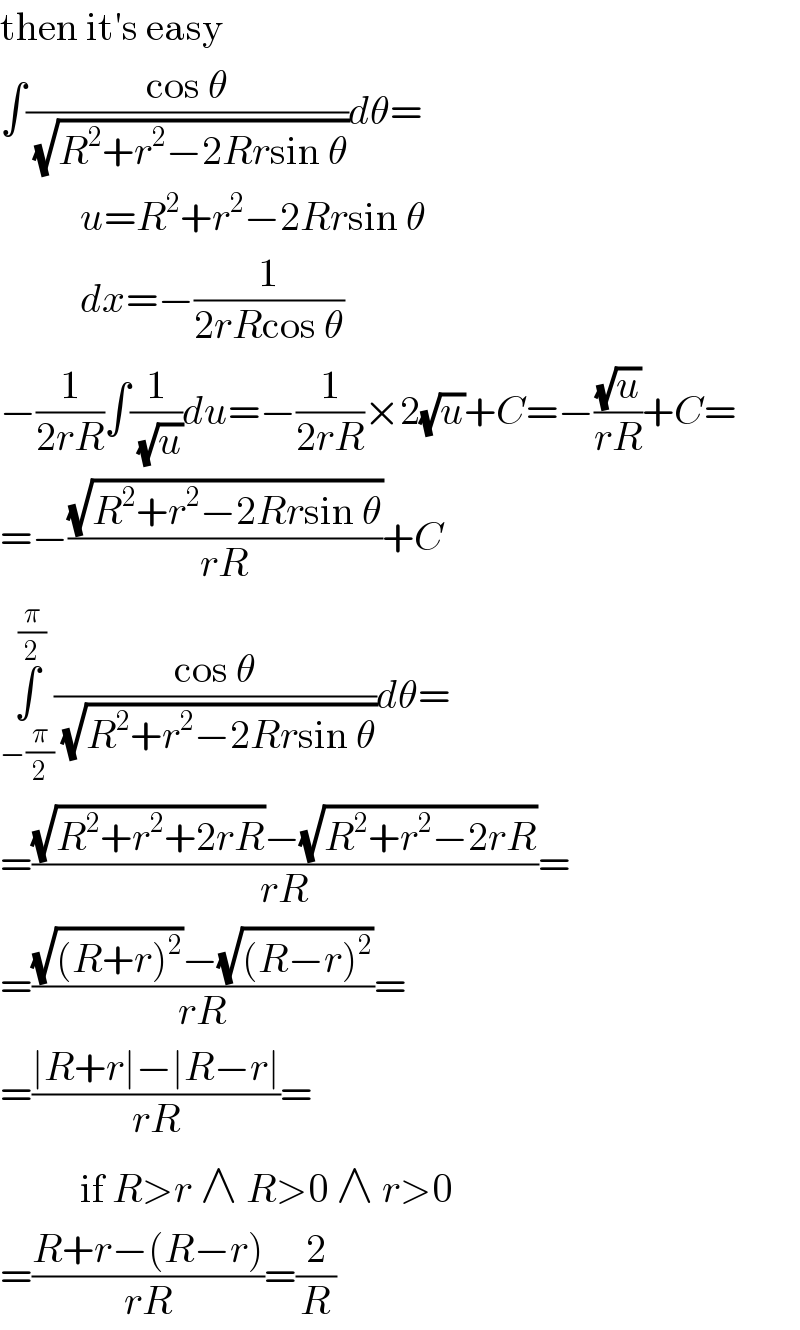
Commented by MJS last updated on 24/Apr/18
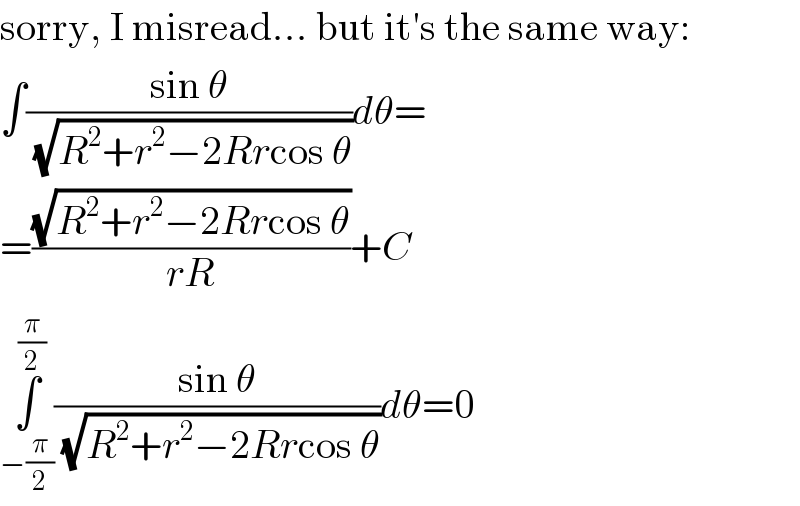
Commented by prof Abdo imad last updated on 25/Apr/18

